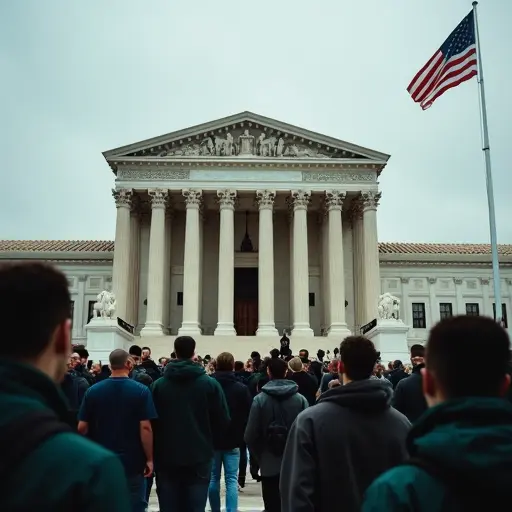
Justices Debate Platform Responsibility for User Content
The US Supreme Court heard arguments today in a pivotal case that could reshape internet governance. At stake is Section 230 of the Communications Decency Act, which has historically shielded social media platforms from liability for content posted by users. The justices appeared divided during oral arguments, weighing whether platforms like Facebook and Twitter should be treated as publishers or neutral distributors of information.
The Core Legal Question
Section 230, enacted in 1996, states that "no provider or user of an interactive computer service shall be treated as the publisher or speaker of any information provided by another information content provider." This foundational law has allowed platforms to moderate content without assuming legal responsibility for user posts. Today's case examines whether this immunity should be limited when platforms algorithmically promote harmful content.
Divergent Lower Court Rulings
The Court reviewed two conflicting appellate decisions. The 9th Circuit previously ruled that public officials violated the First Amendment by blocking critics on social media, finding a "close nexus" between their accounts and official positions. Conversely, the 6th Circuit determined a city manager wasn't acting in his official capacity when blocking a resident on his personal Facebook page.
Justice Barrett's Unanimous Test
Writing for the Court, Justice Amy Coney Barrett established a new standard: Public officials can be held liable for blocking critics only when they have authority to speak for the government and are exercising that power during the disputed interaction. Barrett noted this requires "a fact-specific undertaking" examining the post's content and function.
Broader Implications
This decision arrives amidst three other major social media cases before the Court. Next week, justices will examine controversial laws from Texas and Florida regulating content moderation, plus a First Amendment challenge alleging federal officials coerced platforms to remove content. Collectively, these cases could redefine online speech protections before the 2024 election cycle.
Legal Precedents at Stake
Section 230's origins trace back to 1990s cases Stratton Oakmont v. Prodigy and Cubby v. CompuServe that established the publisher/distributor distinction. While modified by 2018's FOSTA-SESTA legislation regarding sex trafficking content, the core protections have remained intact despite increasing bipartisan scrutiny over misinformation and alleged political bias.

 Nederlands
Nederlands
 English
English
 Deutsch
Deutsch
 Français
Français
 Español
Español
 Português
Português